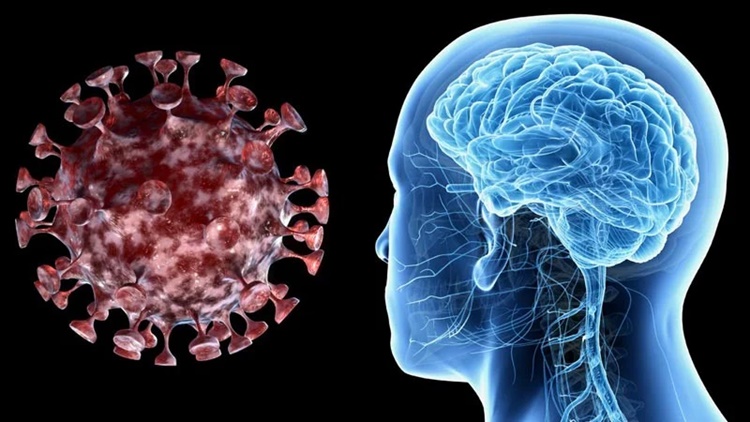Findings show that COVID-19 may affect the brain and nervous system
The brain and nervous system may also be affected by the COVID-19 beyond the normal symptoms such as fever, cough, and shortness of breath that patients show.
When the new coronavirus started to spread, experts have listed the aforementioned symptoms that would warn people against the virus. However, based on the report from GMA News Online, the pandemic can also affect other parts of the patient’s body.

Patients arriving at the hospital in New York showed a pattern aside from the usual symptoms. It was said that some of the patients are deeply disoriented without any idea where they are or what year it is.
This condition may be linked to the lack of oxygen in their lungs. However, Jennifer Frontera, a neurologist at NYU Langone Brooklyn, said that findings concerning the coronavirus is raising a higher interest on its impact to the brain and the nervous system.
At this point in the timeline of the pandemic, more and more people are becoming aware of the respiratory hallmark of the coronavirus. However, there are unusual signs surface, as what the findings of frontliners stated.
In 214 Chinese patients, 36.4 percent showed neurological symptoms ranging from loss of smell and nerve pain, to seizures and strokes, according to the study published in the Journal of the American Medical Association last week.
Furthermore, New England Journal of Medicine’s paper reported that 58 patients in Strasbourg, France were examined and it was found out that more than half of the patients showed that they were confused or agitated. Their brain imaging suggesting inflammation.

Andrew Josephson, chair of the neurology department at the University of California, San Francisco said, “You’ve been hearing that this is a breathing problem, but it also affects what we most care about, the brain.”
He also said that when a person starts to have problems thinking and becoming confused, then, medical attention is needed immediately. “The old mantra of ‘Don’t come in unless you’re short of breath’ probably doesn’t apply anymore,” he added.
Based on the report, it is not surprising that virus can affect the brain. These can happen through 2 possible ways – (1) by triggering an abnormal immune response called cytokine storm and this can cause inflammation of the brain [autoimmune encephalitis], and (2) direct infection of the brain [viral encephalitis].
The brain has a protection called blood-brain-barrier. This block foreign substances to enter into the delicate part. Since most patients exhibited loss of smell, experts hypothesized that the nose might be the pathway to the brain. However, this has need to be proven.
Based on the current evidence, doctors believe that the overactive immune response is the result of the neurological impact rather than brain invasion. Further studies are still needed in line with this aspect in dealing with the new coronavirus.
“We’re seeing a lot of consults of patients presenting in confusional states,” neurologist at the Long Island Jewish Forest Hills hospital Rohan Arora said.
It is still also unknown if the impairment is long term as is also a very disorienting experience to be at the ICU. However, based on the article, Arora said that people who suffer heart failure or stroke are taking a longer time to return to normal.
What can you say about this?
READ ALSO: Automotive Tips: Car Care Tips During Enhanced Community Quarantine
